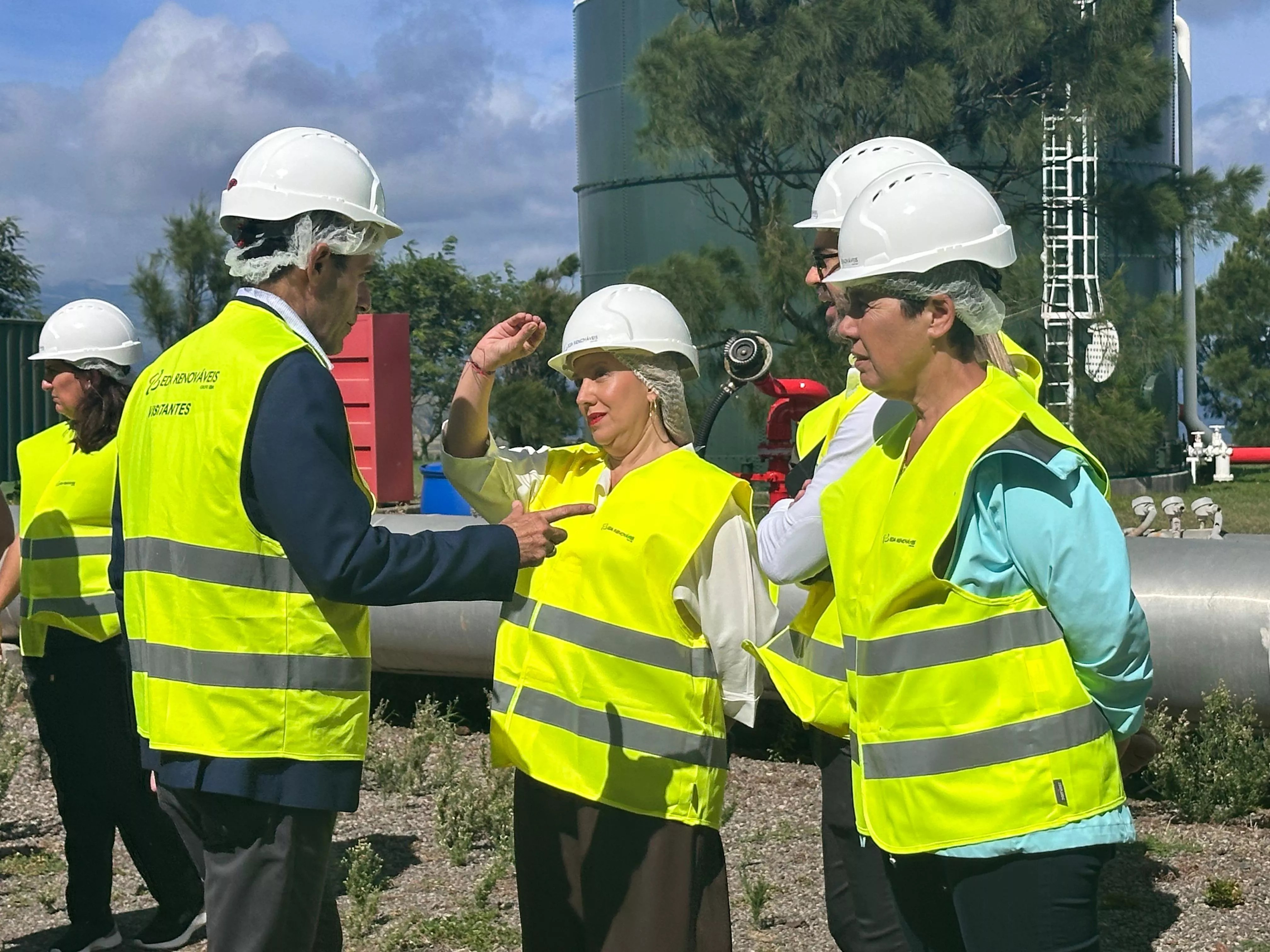A planned protest set for Saturday at Teide National Park has been postponed. The demonstration aimed to highlight the “tourist overcrowding” in Tenerife’s and the Canary Islands’ primary natural reserve. This delay came with friction between Spain’s Government Subdelegation and the Island’s Cabildo.
The two sides assess the situation differently. The state contends that the power to authorise such demonstrations lies with the local government, accusing its leader, Rosa Dávila, of “populism” and a “habitual lack of understanding” of legal norms. The local authority argues that rules require consultation and a permit from the Park’s Board, a protocol that wasn’t followed.
Environmental groups, under the Coalition “Canarias tiene un límite”, attribute their decision to seek prior permission from the Cabildo, suggesting a “legal manoeuvre” by the Subdelegation. The government insists it doesn’t authorise protests but regulates the predefined right to hold them, with a focus only on public safety, not environmental protection. They underline that the Cabildo is responsible for authorising or refusing the demonstration as it holds the requisite authority.
Sources from the Cabildo note that these powers are delegated, awaiting a decree that allows “complete management.” They emphasise the suspension of the protest in Teide as a compliance with mandatory consultation and permission, rules not met here. They warn the protest could set a perilous precedent and facilitate future actions in sensitive areas.
Both local experts and the Park’s Director, Manuel Durbán, initially issued “negative reports” based on technical, legal, operational, and safety criteria. The statement reflects on the broader context: “Today one group calls for it, tomorrow others with varying motives may follow, eroding protection frameworks.”
Conclusively, “Teide should not become a battleground. It’s a unique enclave, a symbol of identity for all inhabitants and must remain untouched by instrumental use, regardless of legitimate claims.”
Organisers accuse the authorities of employing “legal tricks” to hinder their right to protest. The Association of Friends of Nature (ATAN) indicated the protest was meant to be “symbolic and peaceful” to challenge tourist overcrowding and ecological impacts on Teide.
The delay, they assert, isn’t due to an outright ban, but because of an administrative requirement for Cabildo approval, alleging “poor management” of the National Park. They argue these demands were communicated too late to feasibly maintain the scheduled protest, and without Cabildo approval, there were threats of coercive measures.
The Platform criticises Cabildo leader Rosa Dávila for “distorting facts” and using the issue politically against the central government. They contend the Cabildo should decide on legitimate protests while authorising large events like Tenerife Bluetrail and commercial activities, which they claim harm Teide’s ecosystem.
They also warn of ineffective monitoring against illegal activities like unauthorised camping and vehicular night routes. Accusing suppression of their rights, they consider legal action against this “violation of fundamental rights.”
















